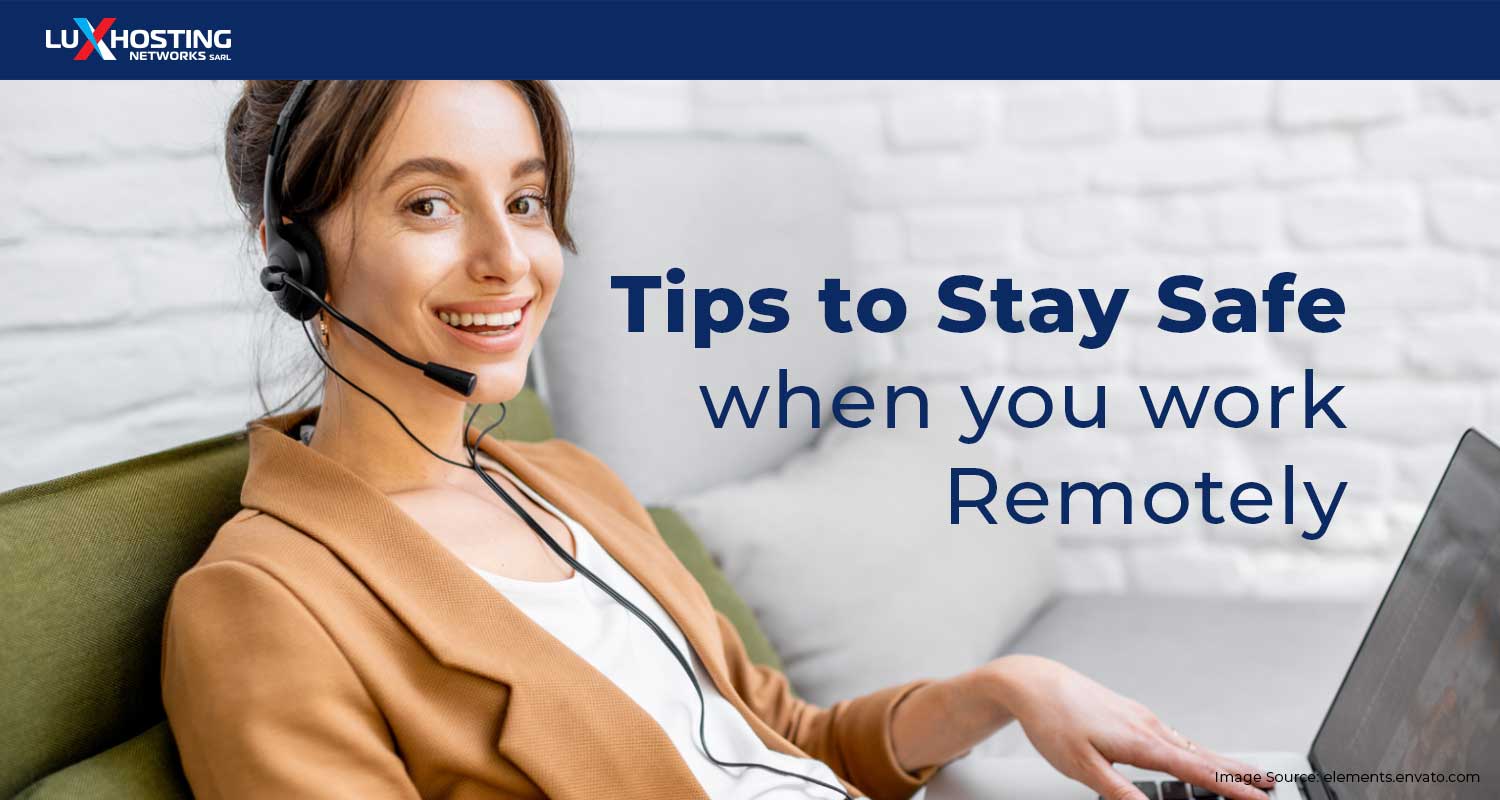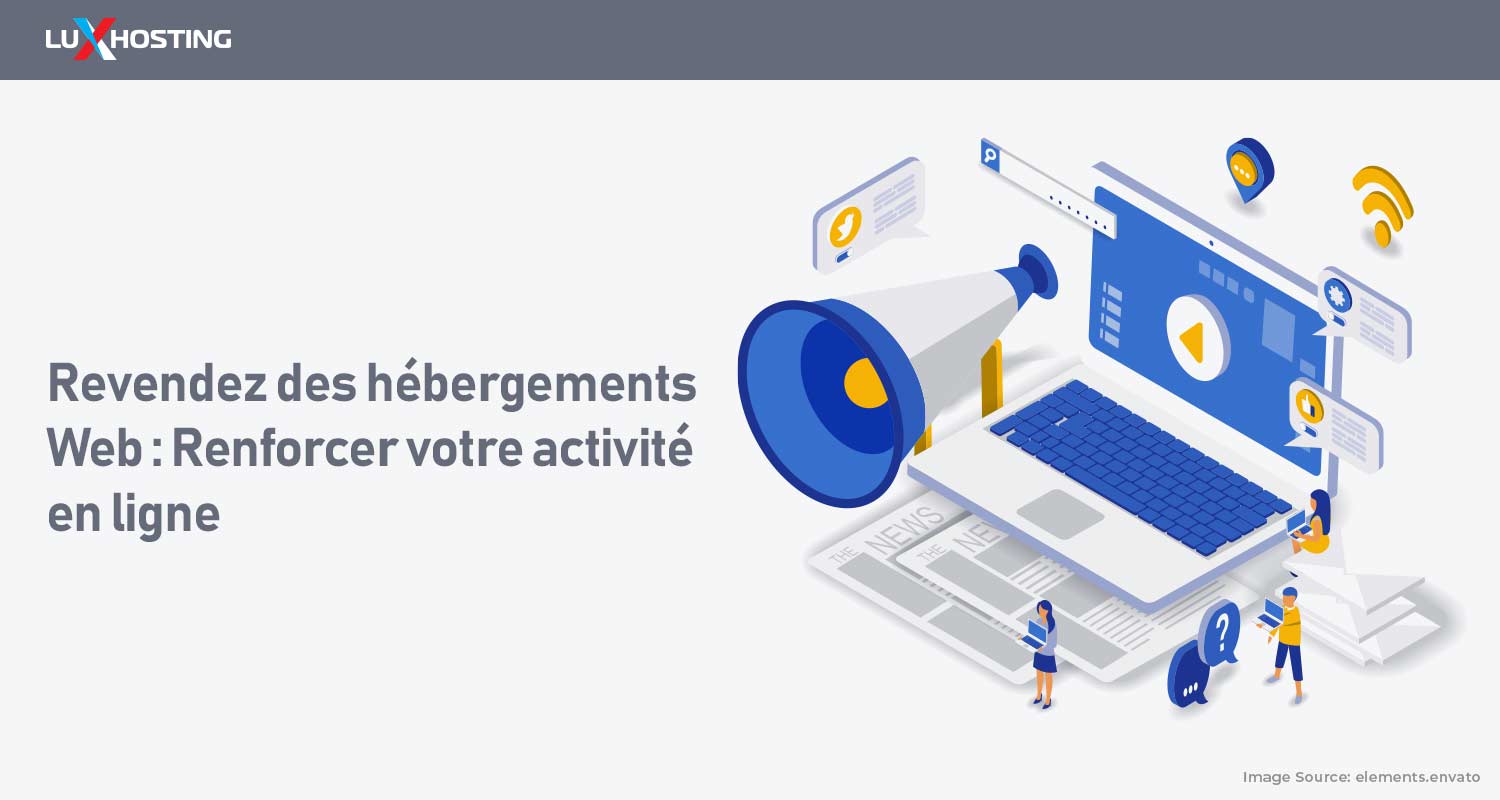You might not know it, but when you’re at work, your company’s network usually has several layers of protection that keep private information secure. Here are eight of our top tips on how to stay safe when you work remotely.
8 tips to stay safe when you work remotely
Working from home is a great way to maintain productivity while protecting yourself from COVID-19. But because the social distancing protocols were implemented so suddenly, many companies enforced a work-from-home policy. However, your workers need to know about the value of VPS hosting or VPNs or any of the other security measures that would help their employees stay safe on the internet. And as if that weren’t bad enough, hackers and other cybercriminals have been targeting home networks in hopes of getting their hands on valuable company data.
1. Make sure your computer is up to date
Updating your computer is one of the simplest ways to protect your privacy on the internet. Computer updates are notorious for having the worst possible timing. They usually pop-up just when you’re trying to polish up the last bit of a presentation you’ve been working on for days. But, don’t click that “Update Later” button too often. Your computer needs to update itself, so it can patch security vulnerabilities. And if you can, activate automatic software and application updates.
2. Remember to protect your other devices, too
If you’re like most people, you probably work remotely on your computer, but if you ever use your phone to conduct any company business make sure your phone is up to date as well. In fact, you should do this for any device that’s connected to your home network.
3. Secure your Wi-Fi network
If you’re one of those unusually kind people who leave your Wi-Fi unprotected, first of all, is there some kind of trophy for being super generous? Because you completely deserve it. Also, you should probably stop, now that you work remotely. Leaving your Wi-Fi unsecured means that anyone can access your Wi-Fi. Also, people with less-than-honourable intentions can intercept your internet communications. So, be sure to enable network encryption and turn off Wi-Fi broadcasting. And if your Wi-Fi’s password is the default password that came with your router, this also makes your network less secure. Most home Wi-Fi routers come with a default password that’s not that difficult for hackers to get their hands on. To make your Wi-Fi more secure, change the SSID and give your Wi-Fi a unique password. Speaking of passwords…
4. Use strong passwords
A strong password usually consists of a mixture of uppercase letters, lowercase letters, numbers, and symbols. They should not consist of your birthday, nor should feature your middle name spelled backwards, the birthday of your favourite child, nor the name of your first pet. A weak password does nothing to protect your devices. So, when you’re choosing a password, make it a good one. (But also make sure it’s not one you’re likely to forget. We know: It’s a delicate balance.)
5. Use secure hosting
If your remote work involves a website that you have control over, make sure you use a more secure form of web hosting. Shared hosting means that your web hosting company will host your website on a server that also hosts other websites. This form of hosting is less secure than VPS hosting and dedicated hosting. For people working remotely, we recommend VPS (Virtual Private Server) hosting. This is because it has almost the same level of privacy and control as a dedicated server but at a much lower price tag.
6. Back up your data
If any of your data does get corrupted, having a backup will save your life. This is true for any kind of data you generate. If you create lots of presentations for work, save copies in at least two locations. If you have your own website, back up your data frequently, so that if it ever gets attacked, lost, or corrupted, you have a clean copy waiting to be deployed.
7. Use SSL certificates
An SSL certificate encrypts data on your website. This is especially crucial if when you work remotely, you have to collect sensitive data like home addresses or credit card information on your website. An SSL certificate will make it so that even if anyone does intercept your data, they won’t be able to read it.
8. Use a VPN
A VPN (Virtual Private Network) protects your online privacy by creating a private network that’s separate from the public internet. A VPN masks your IP address, so your online activities are practically untraceable. This extra layer of security is crucial when you work remotely.
Wrapping up
Just because you work remotely doesn’t mean you have to leave your company’s secrets exposed to hackers and data thieves. Follow the tips in this guide to keep your data safe!



